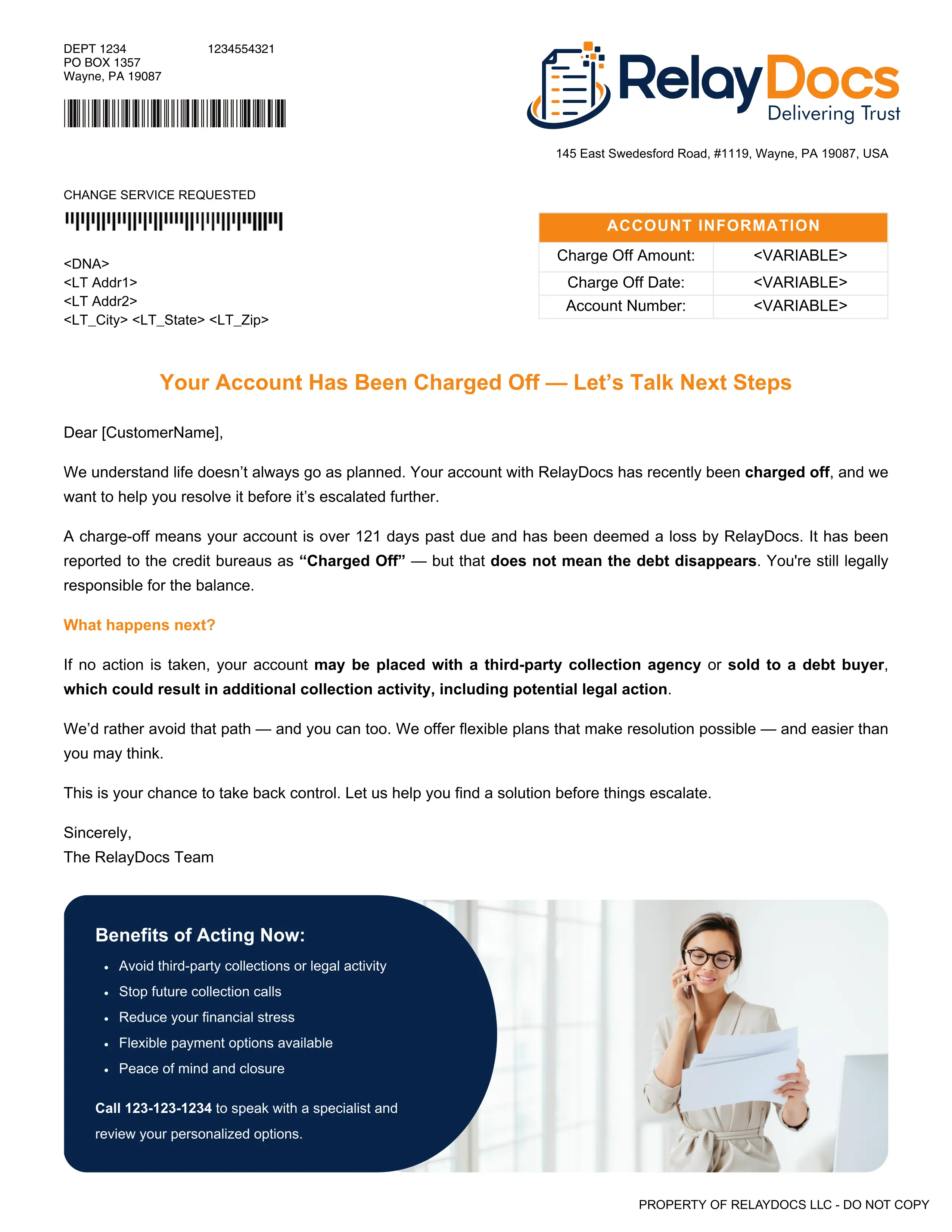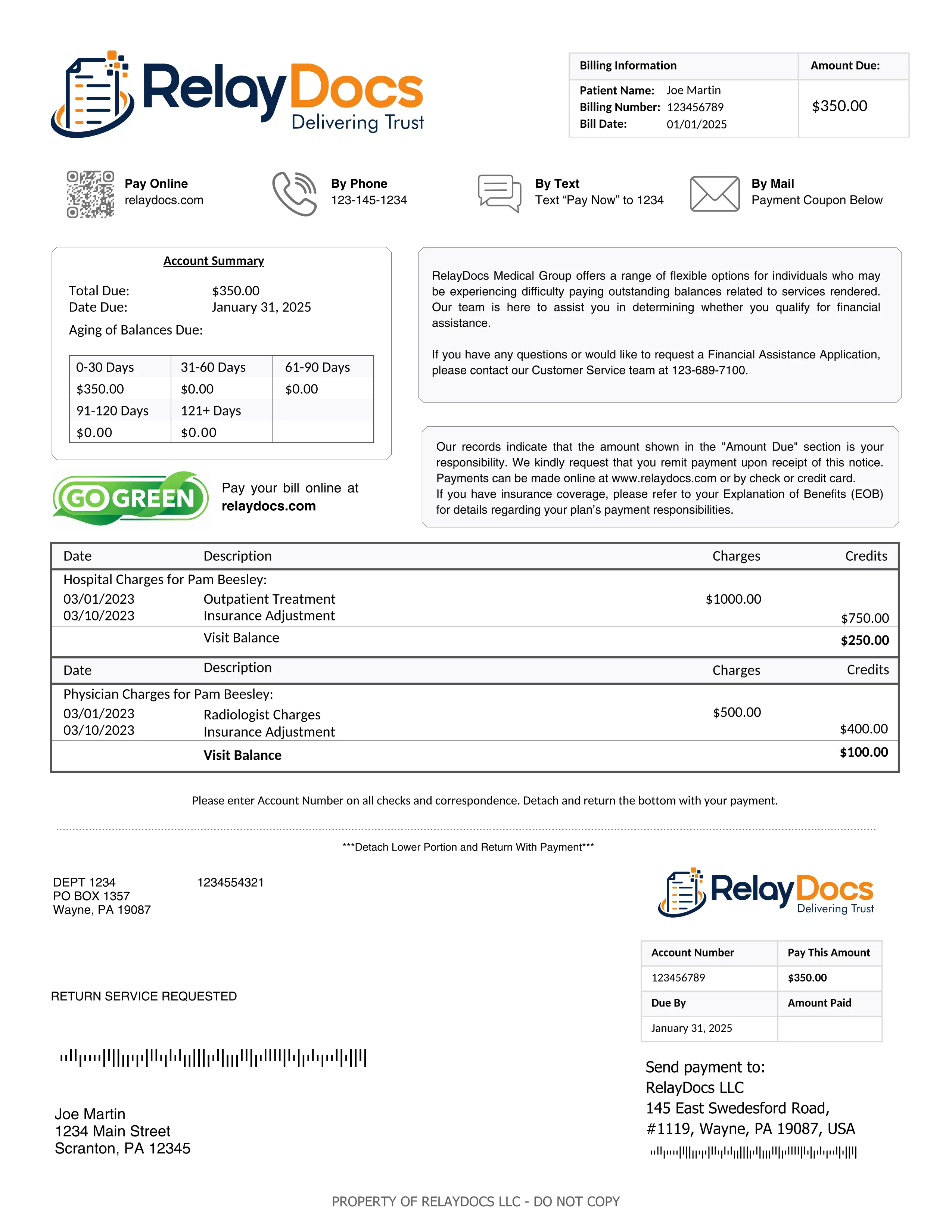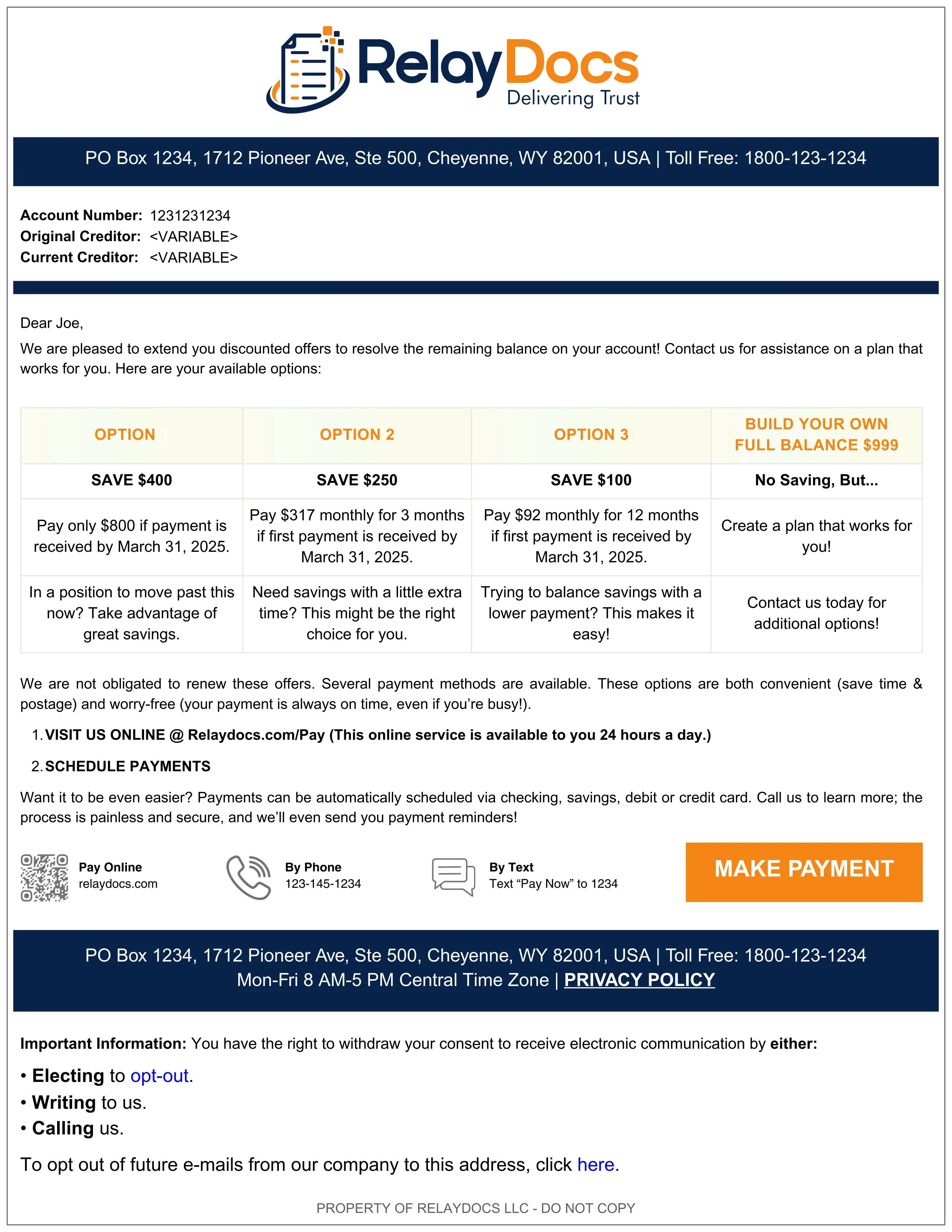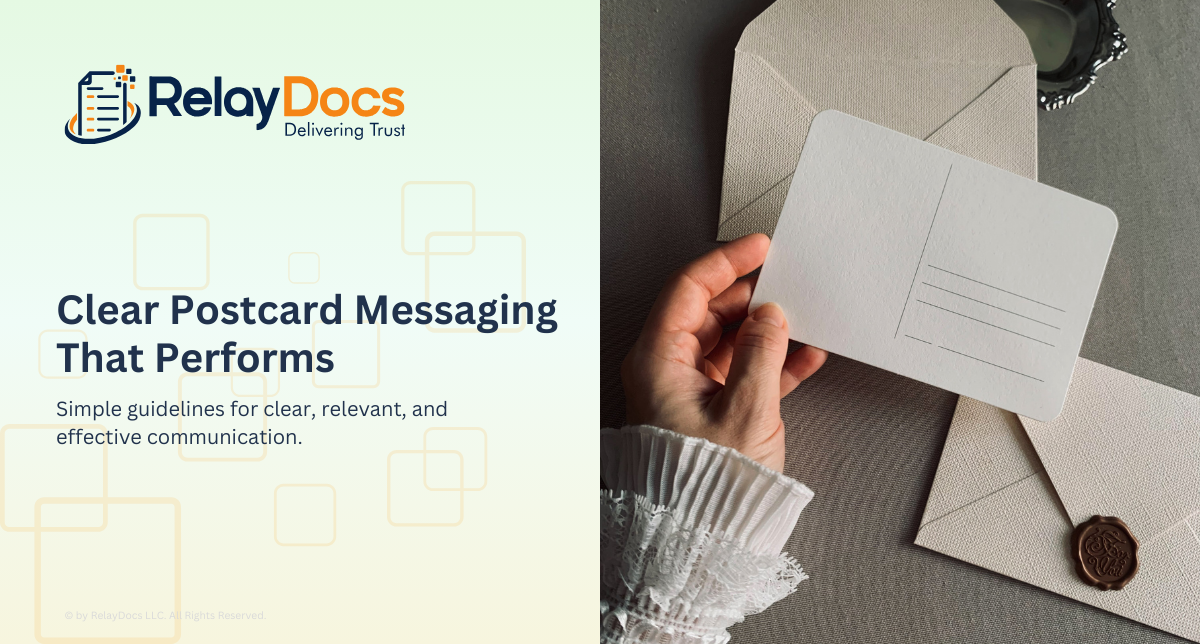
Because trust isn’t built in crisis—it’s tested by it.
In a world where data breaches are inevitable, the question isn’t if your organization will face one it’s how you’ll respond when it happens. While technical containment is critical, reputation management often makes the real difference between long-term trust and lasting damage.
Here are five pillars that define a resilient breach response strategy:
1. Preparedness: Reputation Starts Before the Breach
You can’t wing your way through a crisis. The strongest reputations are protected before trouble begins.
- Crisis playbooks with clear templates, escalation trees, and regulatory timelines
- Simulated breach drills involving IT, legal, PR, and executive teams
- Pre-vetted partners for print/mail, email, and credit monitoring
- Trained spokespeople ready to speak with confidence and empathy
Being prepared signals maturity, it shows stakeholders you’ve planned for the worst, not panicked into it.
2. Speed: The Currency of Modern Trust
In the age of X (Twitter) and Reddit, silence equals suspicion. Regulators are tracking timelines. Customers are tracking headlines.
- The first 48 hours are the golden window to take control
- Multichannel alerts: physical mail, email, SMS, press releases
- “Here’s what we know” beats radio silence every time
- Real-time updates maintain confidence
You don’t need to be perfect, you need to be present and proactive.
3. Transparency: Stop the Rumors Before They Start
Stakeholders are more forgiving of breaches than they are of cover-ups.
- Use plain language; skip the jargon, focus on people
- Align legal, PR, and customer service to speak with one voice
- Communicate in phases, don’t wait for 100% of the facts
- Lead with empathy, not excuses
Transparency builds credibility, even when certainty is still forming.
4. Accountability: Own It to Contain It
Passing the buck never works in a crisis.
- Executives must show up and take responsibility
- Offer real remediation hotlines, FAQs, free credit monitoring
- Share your action plan, not just your regret
- Cooperate with regulators to demonstrate maturity
When leaders take ownership, trust has a chance to survive even thrive.
5. Recovery: Reputation Is a Long Game
The breach might be over, but reputational risk lingers.
- Share post-mortems and improvements publicly
- Keep communicating long after the headlines fade
- Use PR and customer stories to reshape perception
- Build a resilience narrative: “We’ve learned, and we’ve fortified.”
Reputation isn’t about hiding the breach, it’s about proving you’ve evolved.
Final Thought: Breaches Are a Brand Test, Not Just a Tech One
Breach response is no longer just a compliance checkbox. It’s a full-scale test of your values, your leadership, and your brand character. Organizations that treat reputation as a strategic asset not a last-minute scramble are the ones who retain trust when it matters most.

Stay Ahead with Timely Industry Intelligence
Stay informed with expert perspectives on compliance, breach response, and secure document delivery.
Compliant Communications for Every Sector
From regulated industries like finance and healthcare to public sector entities and insurance providers, RelayDocs delivers secure, traceable, and cost-effective document automation that meets your compliance and operational needs.








Ready to Transform Your Document Workflows?
From generation to delivery, our APIs power document workflows that are secure, scalable, and fully in your control.



.svg)



.png)
